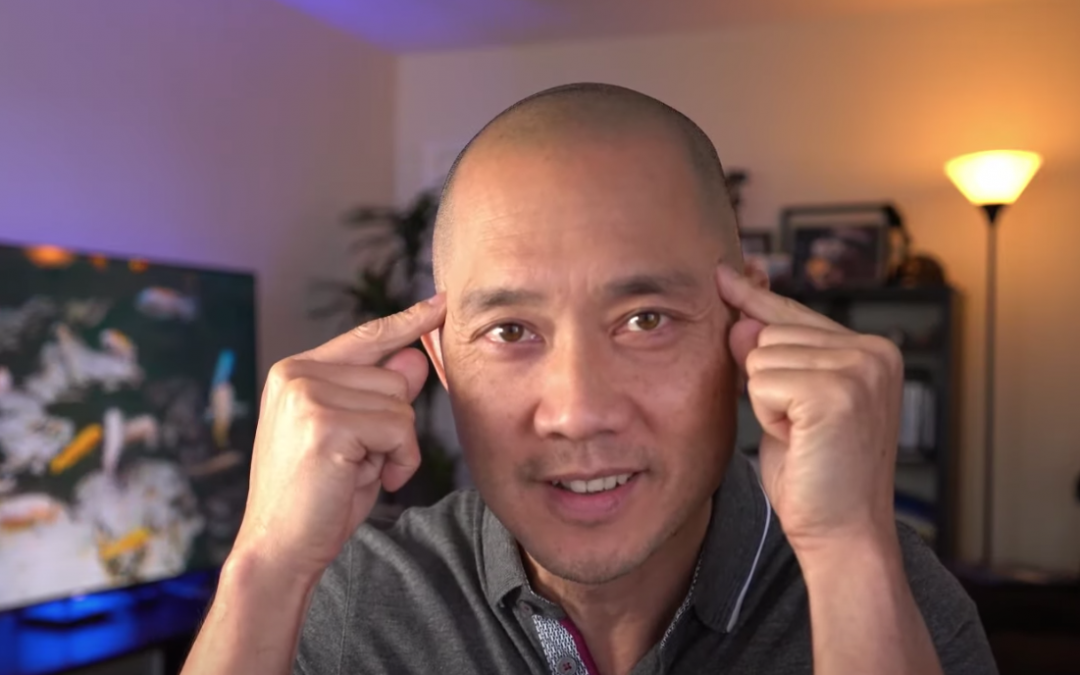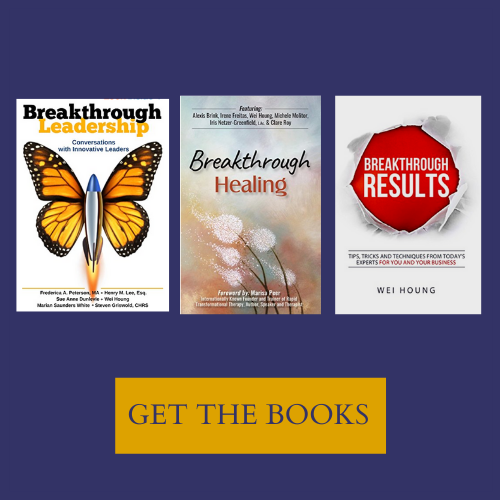In today’s blog post, we’re going to finish up the last of our three-part series looking at why it’s important to keep a clear mind during stressful times. In the first part, we looked at why it’s important to keep a clear mind and how important it is to build that framework so your mind can handle the stress for the long-term. In the second part, we went over the techniques to build this framework and what tools and resources you could use to keep a clear mind. This included a methodology where you break down the steps to how you become stressed, which is actually allowing you to interrupt your own pattern of stress so that you can open up the mind and clear it out of all the clutter during high-stress times.
So this last part of the series is going to look at understanding the impact of a clear mind during stress. Since we talked about some of the techniques of stress management in the last post, you’ll probably have better time management despite being stressed out.
Here’s a good comparison:
Think about a time you’ve ever been hiking or you’ve walked down a cluttered path. You have to be present and make sure to concentrate so you don’t trip over anything. So having a clear mine is akin to being present and focused while you’re walking down the Path of Life. It means you’re able to navigate things in a graceful and easy way versus stumbling through the dark and tripping over things. Stress is just another obstacle that you have to watch out for. When you can’t see where you’re going, it adds to your anxiety, which leads you to make decisions that aren’t quite the best.
When you have a clear mind on a daily basis, your daily intentions and goals that you have set will be hit more frequently. You’ll know you’re doing a good job cleaning your mind by how frequently you reach your intentions and goals for the day, the week, or the month. It’s when the mind gets cluttered with all the extra “sand and dirt” of thoughts that things get murky, leading to a cluttered intuition. Clearing the mind means you have easier access to precise intuitive hits and then your intuition becomes more accurate. You’ll have psychic-like abilities, not just only to intuit your next steps, but also to be able to predict the best courses of actions further ahead. Think about what happens when the fog clears out of a road. How much further can you see?
A clear mind during stressful times means that in the darkest of times, in any area of life, you can still see the way out. The way to calibrate that is to have a daily practice in place to notice the impact of having a clear mind on a daily basis.
So when we have a clear mind during stressful times, we can see further out and anticipate more of what may or may not happen, which then perpetuates your ability to not be stressed out because you can see clearly. You’ll be more present and calm, which will help your stress levels go down.
All it takes is putting protocols and procedures in place, which we’ve talked about in the previous two blog posts. It doesn’t mean you’ll never be stressed out again; rather, it just means that you won’t stay stressed for as long. You’ll be able to manage it by simply releasing the pressure and taking out what’s on your mind. This leads to you being more present and calm, and your stress levels will go down over time.
How does all this impact your health at the end of the day? Well, your body heals better when it’s calm, relaxed, and healthy. This applies to relationships too: when you’re calm and relaxed in relationships and not agitated, frustrated, or stressed out, then you’re not snapping back at those that you love and care about.
Over time, the impact of keeping a clear mind is going to be extremely profound. If you’re applying these principles as a daily practice, even when it’s not super stressful, you’ve already reached the goal of this exercise. We’re giving you as many tools as possible so you can navigate the present as well as the future and the potential stresses it may bring.
So that’s it for this three-part series. Before we end, I want to leave you with a couple of things:
- I want you to start paying attention to your daily goals and keep a record of how often you hit it.
- Notice how frequently you’re achieving your goals and how accurate your intuition and gut instincts are. The more you reach these goals and the more your intuition and gut instincts are on point, the better you’re getting at keeping a clear mind.
Watch the last video of this three-part series below:
Of course, there will be daily stressors, such as arguing with someone that you love, a stressful situation at work, or worrying about your health. But the thing to remember is how often are you achieving your goals? How accurate are your intuition and your gut instincts? And just look at the overall improvement as you practice the calm, clear state of mind to help you manage your stress.
So hopefully you found this training to be helpful. We’d love to hear your comments below on any of the training and if you feel that this is something that could help somebody in terms of impacting their lives as well, please share.




